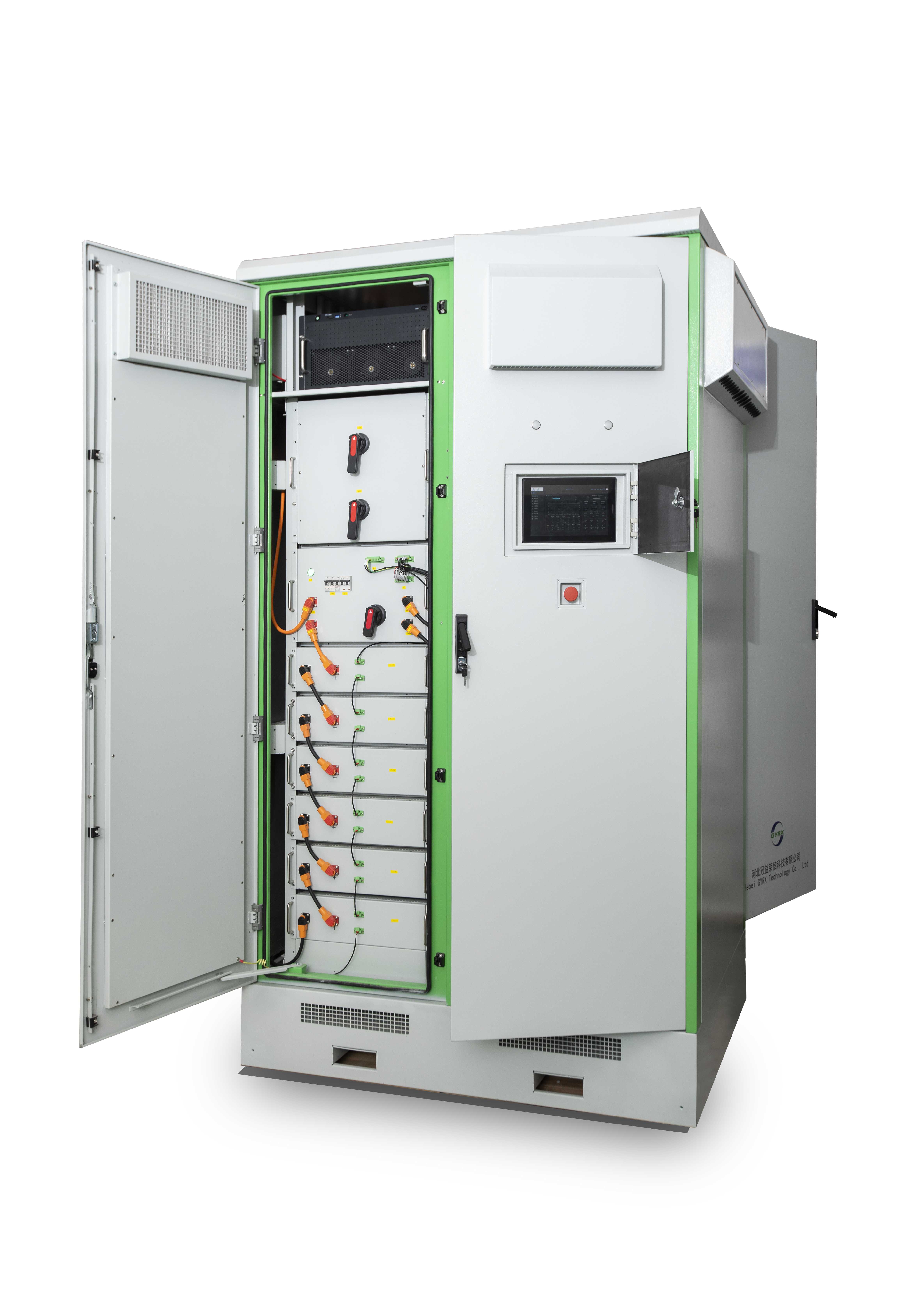
12月 . 16, 2024 09:26 Back to list
Innovative Approaches to Energy Storage for the Industrial and Commercial Sectors
Industrial and Commercial Energy Storage A Key Component for Sustainable Growth
In today’s world, the urgent need for sustainable energy solutions is more pressing than ever. As industries and commercial enterprises seek to reduce their carbon footprint and enhance energy efficiency, industrial and commercial energy storage systems have emerged as a vital part of the equation. These systems not only enable businesses to optimize their energy usage but also contribute significantly to the overall stability and resilience of the energy grid.
Understanding Energy Storage Solutions
At its core, energy storage refers to the methods used to store energy for use at a later time. It encompasses a variety of technologies, including batteries, pumped hydro storage, compressed air energy storage, and thermal energy storage. Each technology has its advantages and applications, but they all serve a fundamental purpose to bridge the gap between energy supply and demand.
In industrial settings, energy storage can help manage peak loads, reduce operational costs, and increase reliability. For commercial entities, it can lead to lower energy bills, improved power quality, and enhanced energy management strategies. With the increasing incorporation of renewable energy sources like wind and solar, the role of storage becomes even more critical, as these sources are inherently intermittent and variable.
Benefits of Industrial and Commercial Energy Storage
1. Cost Savings Energy storage systems can dramatically decrease electricity costs through demand charge management. By storing energy during off-peak periods when rates are low and using it during peak periods, businesses can avoid higher rates and lessen their dependency on grid electricity.
2. Increased Reliability With energy storage, industries can maintain operations during power outages or fluctuations. This reliability is particularly crucial in sectors like manufacturing, where downtime can lead to significant financial losses.
3. Renewable Integration Energy storage supports the integration of renewable energy sources. By storing excess energy generated during peak production times, businesses can utilize this energy when production is low, therefore maximizing the return on investment in renewable technologies.
industrial and commercial energy storage

4. Improved Grid Stability Large-scale adoption of energy storage technologies can enhance grid stability by providing services such as frequency regulation and voltage support. This is especially important as the grid evolves to accommodate more distributed energy resources.
5. Sustainability Goals As companies increasingly prioritize sustainability, energy storage helps them achieve their renewable energy targets. By storing clean energy, businesses can operate more sustainably, appealing to environmentally conscious consumers.
Challenges and Considerations
Despite the many benefits, implementing energy storage systems does come with challenges. The initial capital investment can be significant, and businesses need to conduct thorough feasibility studies to assess return on investment. Moreover, energy policies and regulations can influence deployment strategies, making it essential for companies to stay informed about local and national energy legislation.
Another consideration is the technology landscape itself. With rapid advancements in energy storage technology, businesses must evaluate which solutions align best with their operational needs and objectives. As new innovations continually emerge, it is imperative that companies remain agile and adaptable to leverage the latest advancements.
The Future of Energy Storage
Looking ahead, the future of industrial and commercial energy storage appears promising. With ongoing technological advancements, decreasing costs, and growing awareness of energy sustainability, more businesses are likely to invest in energy storage systems. Additionally, as electric vehicles become more prevalent and industries aim for carbon neutrality, energy storage will play a crucial role in supporting these transitions.
In conclusion, industrial and commercial energy storage serves as a crucial component of the modern energy landscape. By harnessing the potential of energy storage, businesses can save costs, increase reliability, support the integration of renewable energies, improve grid stability, and meet sustainability goals. As industries pivot toward more sustainable practices, the collaboration between energy storage technologies and commercial operations will undoubtedly lead to a brighter energy future.
-
Smart Energy Management System: Optimize Costs & Efficiency
NewsAug.07,2025
-
Reliable Energy Storage System | Advanced ESS Solutions
NewsAug.06,2025
-
AI-Optimized Energy Storage Cabinet | Efficiency & Safety
NewsAug.04,2025
-
High-Performance Energy Storage System for Reliable Power Solutions
NewsJul.30,2025
-
Advanced EMS Solutions for Energy Management System & Storage Battery Companies
NewsJul.29,2025
-
Intelligent Energy Management for Homes - Efficient Storage Solutions
NewsJul.29,2025























